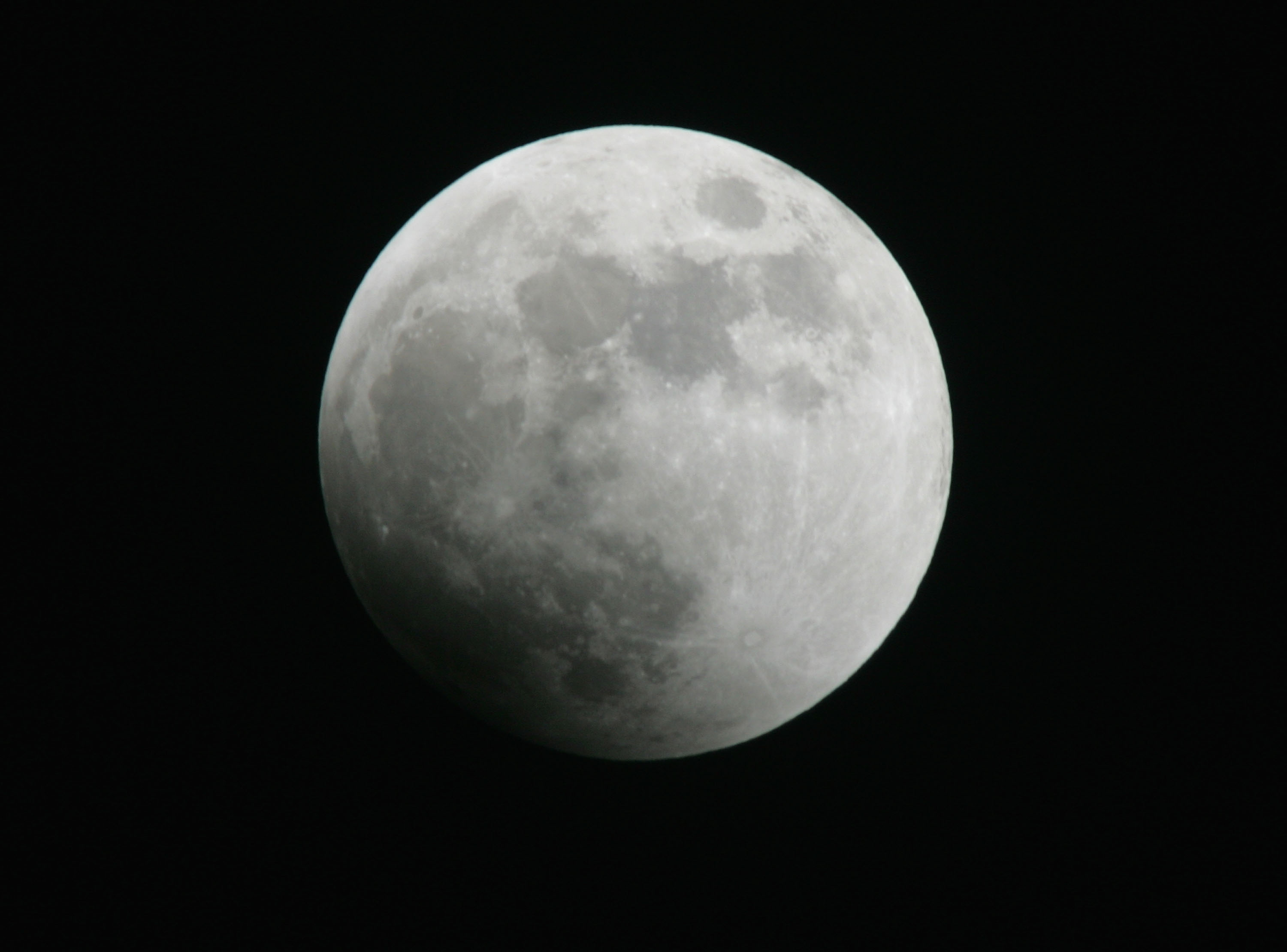Private company unveils robot space crafts set to land on the moon


A free daily email with the biggest news stories of the day – and the best features from TheWeek.com
You are now subscribed
Your newsletter sign-up was successful
On Wednesday, private space start-up Moon Express unveiled its plans to land an interlocking team of space crafts on the moon by 2020. Moon Express, founded in 2010, released images and animations of its so-called MX Robotic Explorers, special robots that will be designed for mining and exploration.
Their first craft, the MX-1E, stands 4-and-a-half feet tall and 3 feet wide and will act as a base for other crafts, as it is built to connect with other models in a Lego-like fashion. Moon Express says the R2-D2-sized machine will be able to land up to 66 pounds, hop across the moon, and return to Earth.
The company then plans to build three more robots — the MX-2, MX-5, and MX-9 — after a successful launch of the MX-1E. These vehicles may be used to orbit the moon or carry payloads of minerals. In the future, they may act as deep space probes.
The Week
Escape your echo chamber. Get the facts behind the news, plus analysis from multiple perspectives.

Sign up for The Week's Free Newsletters
From our morning news briefing to a weekly Good News Newsletter, get the best of The Week delivered directly to your inbox.
From our morning news briefing to a weekly Good News Newsletter, get the best of The Week delivered directly to your inbox.
Moon Express will use a newly designed "eco-friendly" engine to build its MX Robotic Explorers. The cost of one MX-1E will be around $10 million, and the company hopes to launch the MX-1E by the end of 2017. Moon Express is gunning for the $20 million Google Lunar X Prize with its robot endeavors; for the MX-1E to win, it will have to land on the lunar surface, travel at least 500 meters, and send photos and videos back to Earth.
Even if it doesn't win the Lunar X prize, Moon Express will continue to build the MX Robotic Explorers. The company also plans to work with NASA or commercial ventures to ferry mineral payloads back from the moon.
A free daily email with the biggest news stories of the day – and the best features from TheWeek.com
Elianna Spitzer is a rising junior at Brandeis University, majoring in Politics and American Studies. She is also a news editor and writer at The Brandeis Hoot. When she is not covering campus news, Elianna can be found arguing legal cases with her mock trial team.q
-
 6 of the world’s most accessible destinations
6 of the world’s most accessible destinationsThe Week Recommends Experience all of Berlin, Singapore and Sydney
-
 How the FCC’s ‘equal time’ rule works
How the FCC’s ‘equal time’ rule worksIn the Spotlight The law is at the heart of the Colbert-CBS conflict
-
 What is the endgame in the DHS shutdown?
What is the endgame in the DHS shutdown?Today’s Big Question Democrats want to rein in ICE’s immigration crackdown
-
 Blue Origin launches Mars probes in NASA debut
Blue Origin launches Mars probes in NASA debutSpeed Read The New Glenn rocket is carrying small twin spacecraft toward Mars as part of NASA’s Escapade mission
-
 Dinosaurs were thriving before asteroid, study finds
Dinosaurs were thriving before asteroid, study findsSpeed Read The dinosaurs would not have gone extinct if not for the asteroid
-
 SpaceX breaks Starship losing streak in 10th test
SpaceX breaks Starship losing streak in 10th testspeed read The Starship rocket's test flight was largely successful, deploying eight dummy satellites during its hour in space
-
 Rabbits with 'horns' sighted across Colorado
Rabbits with 'horns' sighted across Coloradospeed read These creatures are infected with the 'mostly harmless' Shope papilloma virus
-
 Lithium shows promise in Alzheimer's study
Lithium shows promise in Alzheimer's studySpeed Read Potential new treatments could use small amounts of the common metal
-
 Scientists discover cause of massive sea star die-off
Scientists discover cause of massive sea star die-offSpeed Read A bacteria related to cholera has been found responsible for the deaths of more than 5 billion sea stars
-
 'Thriving' ecosystem found 30,000 feet undersea
'Thriving' ecosystem found 30,000 feet underseaSpeed Read Researchers discovered communities of creatures living in frigid, pitch-black waters under high pressure
-
 New York plans first nuclear plant in 36 years
New York plans first nuclear plant in 36 yearsSpeed Read The plant, to be constructed somewhere in upstate New York, will produce enough energy to power a million homes
